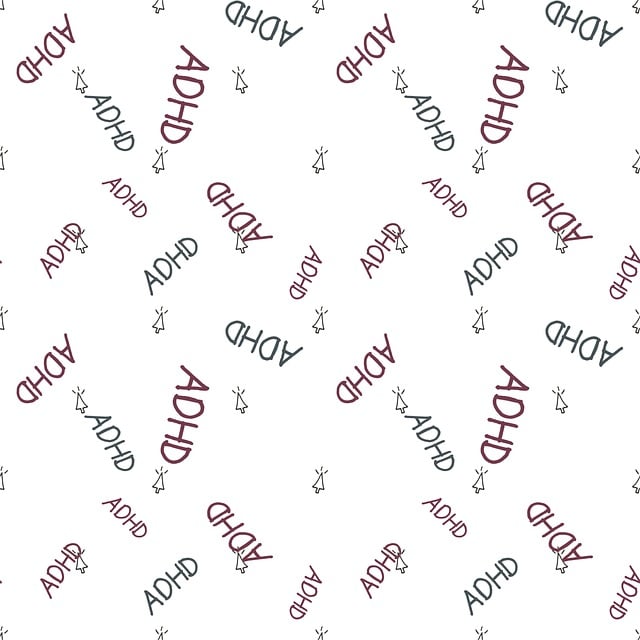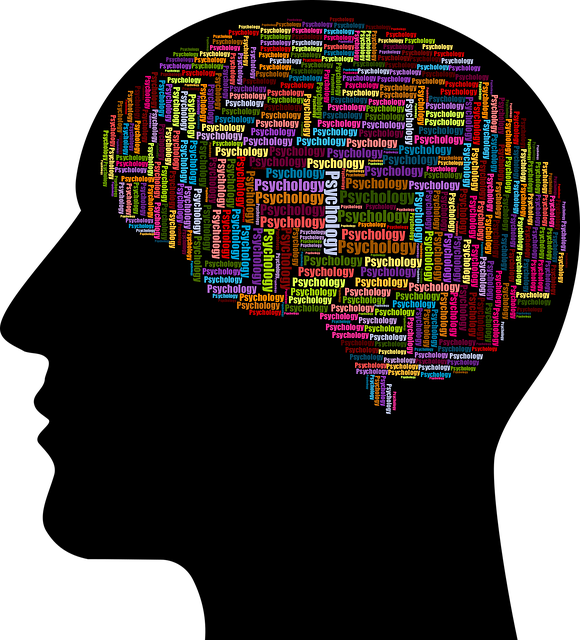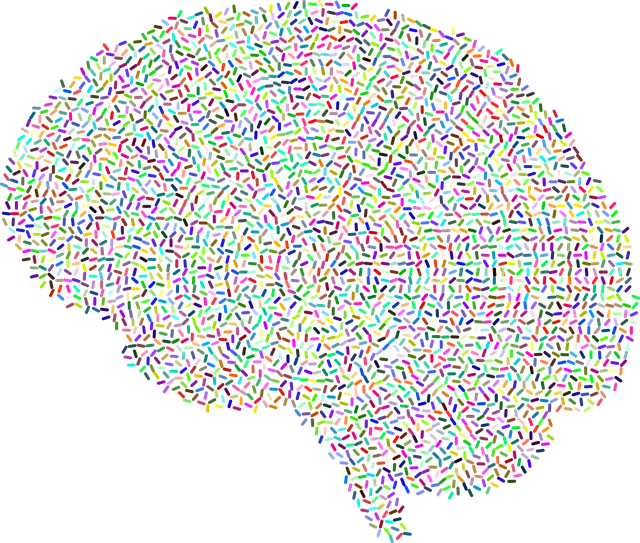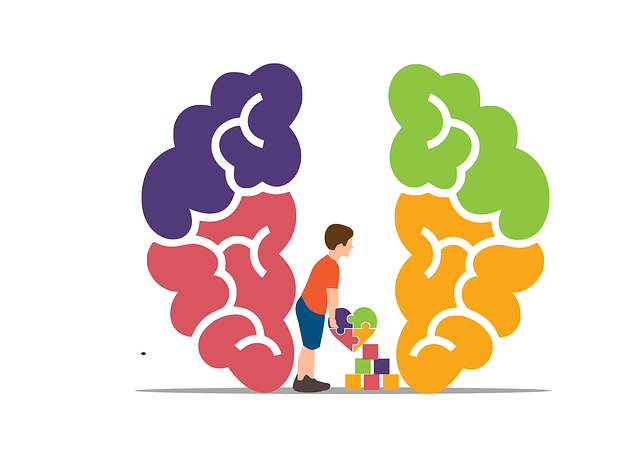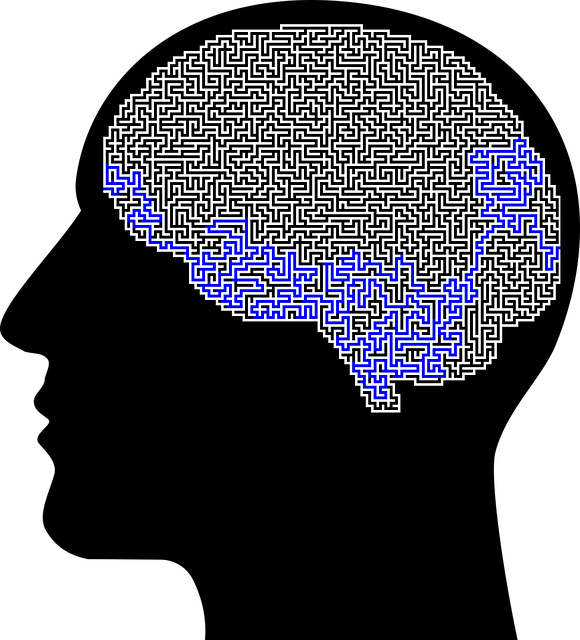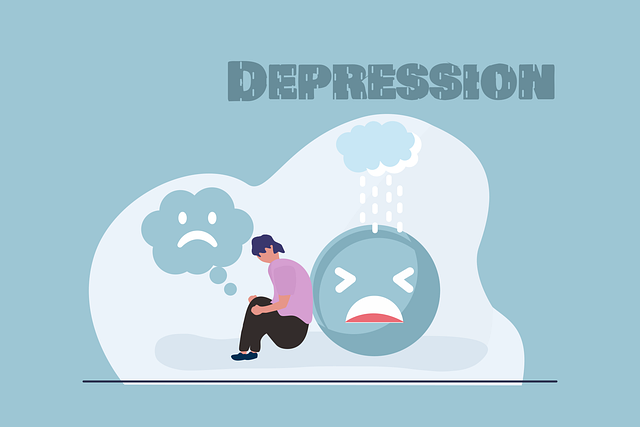Westminster Biofeedback Therapy offers a unique approach to mental wellness by combining physiological measurement with real-time feedback, empowering individuals to control stress, anxiety, and pain. This technique provides quantitative data on progress in areas like anxiety relief and stress management, fostering a deeper understanding of the body-mind connection. It's valuable for public awareness campaigns and evidence-based, tailored mental wellness initiatives. Quantitative assessment techniques, including surveys and physiological measurements, evaluate program effectiveness. Combined with qualitative and mixed-methods approaches, these assessments offer holistic insights into mental health issues like Depression Prevention and Mental Health Awareness, guiding improvements to mental health initiatives.
Mental wellness program evaluation is a multifaceted process, crucial for ensuring effectiveness and improving outcomes. This article explores various methods, with a focus on Westminster Biofeedback Therapy as a robust foundation. We delve into quantitative techniques, such as surveys and statistical analysis, to assess mental health programs’ impact. Additionally, we uncover the value of qualitative and mixed-methods, offering deeper insights through interviews and thematic analysis. By integrating Westminster Biofeedback Therapy principles, these evaluation methods enhance our understanding of mental wellness initiatives, fostering evidence-based improvements.
- Understanding Westminster Biofeedback Therapy: A Foundation for Program Evaluation
- Quantitative Assessment Techniques for Mental Wellness Programs
- Qualitative and Mixed Methods: Unlocking Depth in Evaluation of Mental Health Initiatives
Understanding Westminster Biofeedback Therapy: A Foundation for Program Evaluation

Westminster Biofeedback Therapy is a unique approach that combines physiological measurement and real-time feedback to help individuals gain control over their bodies’ responses to stress, anxiety, or pain. By teaching participants how to regulate bodily functions, this therapy serves as a robust foundation for evaluating mental wellness programs. It offers a quantitative method to assess progress, especially in areas like anxiety relief and stress management workshops organized by various organizations. Through biofeedback sessions, clients can learn to recognize their physiological reactions, enabling them to develop effective coping strategies.
This therapeutic technique is particularly valuable when integrated into public awareness campaigns for mental health development. By fostering a deeper understanding of one’s body and mind connection, Westminster Biofeedback Therapy empowers individuals to take charge of their mental wellness. Evaluating program effectiveness becomes more nuanced, capturing improvements in stress management skills and overall well-being. It provides tangible data on the impact of interventions, ensuring that mental wellness initiatives are evidence-based and tailored to meet individual needs.
Quantitative Assessment Techniques for Mental Wellness Programs

Quantitative assessment techniques play a crucial role in evaluating mental wellness programs, offering a structured and data-driven approach to gauge their effectiveness. These methods involve measuring specific outcomes and behaviors before, during, and after program participation using various tools and scales. For instance, surveys, questionnaires, and interview assessments can collect subjective reports from participants about their mental health status, including symptoms of anxiety, depression, and stress levels.
In the context of Westminster Biofeedback Therapy, quantitative assessments can help track changes in physiological parameters such as heart rate variability, skin conductance, and muscle tension, which are indicators of relaxation and stress reduction. Additionally, these techniques enable researchers and practitioners to compare program outcomes across different groups, identify trends, and make informed decisions about the implementation and improvement of mental wellness programs, including resilience-building workshops and community outreach program initiatives aimed at stress reduction methods.
Qualitative and Mixed Methods: Unlocking Depth in Evaluation of Mental Health Initiatives

The evaluation of mental wellness programs has evolved to include a blend of qualitative and mixed methods, offering a more comprehensive understanding of their impact. This approach is especially valuable in exploring complex topics like Depression Prevention and Mental Health Awareness, where traditional quantitative measures might fall short. By incorporating Westminster Biofeedback Therapy techniques or similar innovative practices, researchers can delve deeper into participants’ experiences and perceptions.
Qualitative methods provide rich narratives, allowing individuals to share their personal journeys and insights. This qualitative data offers a nuanced view of Self-Care Practices and their influence on mental well-being. Mixed methods research combines these qualitative depths with statistical rigor, enabling a more holistic evaluation. Such an approach can reveal patterns and relationships, providing valuable insights for improving and implementing effective mental health initiatives.
In evaluating mental wellness programs, a multifaceted approach combining quantitative and qualitative methods, including the exploration of Westminster Biofeedback Therapy, offers the most comprehensive insights. While quantitative techniques provide measurable data on program effectiveness, qualitative and mixed methods delve deeper into participants’ experiences, offering nuanced understanding of impact. Integrating these diverse evaluation strategies allows for a holistic assessment that captures both the broad outcomes and individual journeys associated with mental wellness initiatives, ultimately informing more effective support systems.

